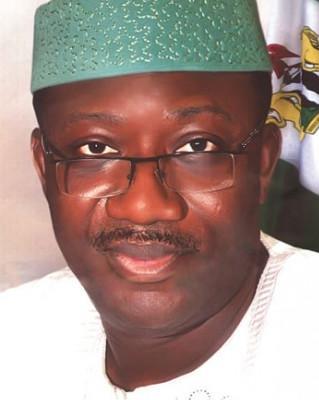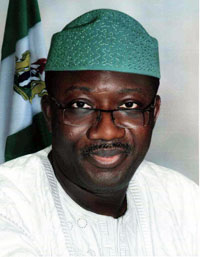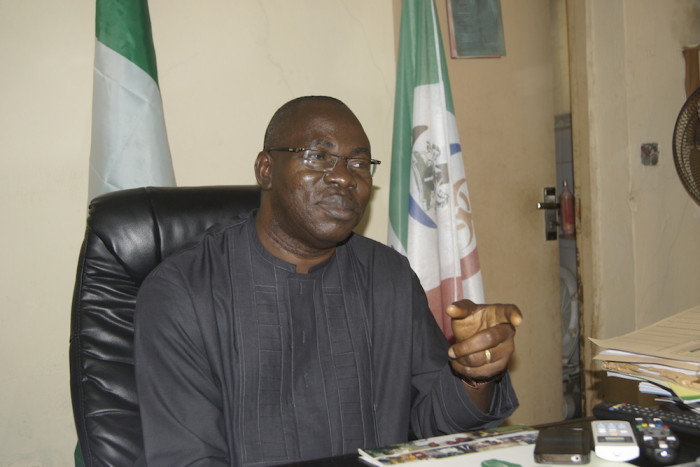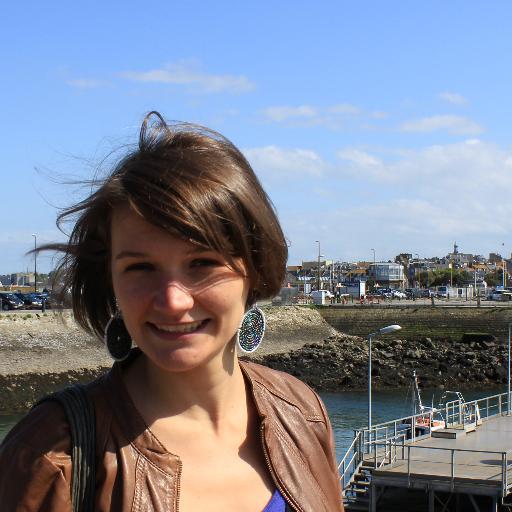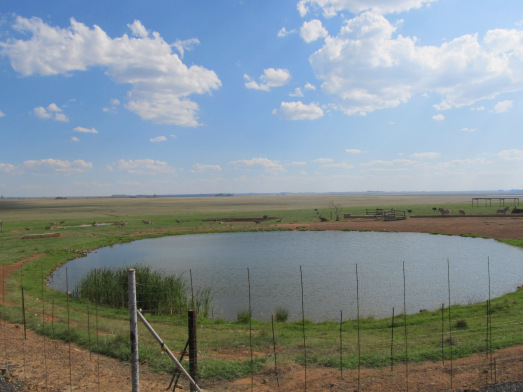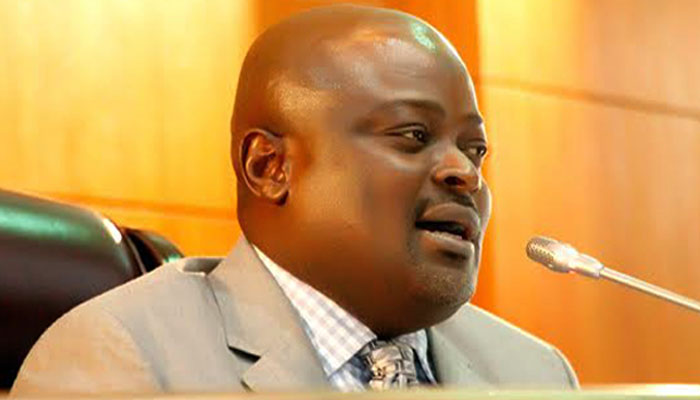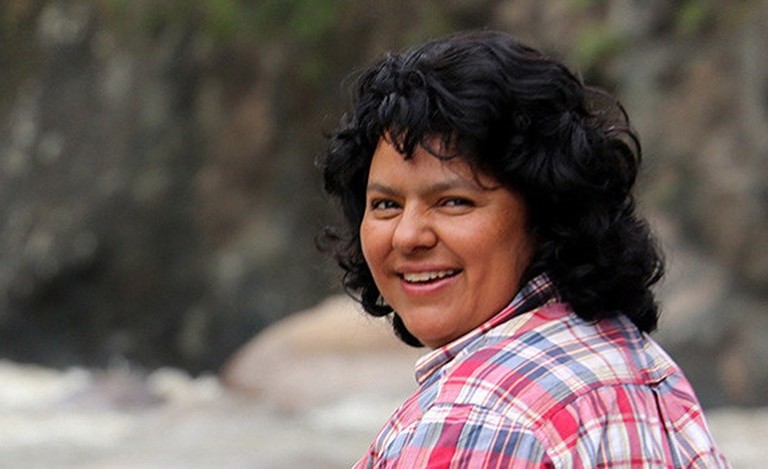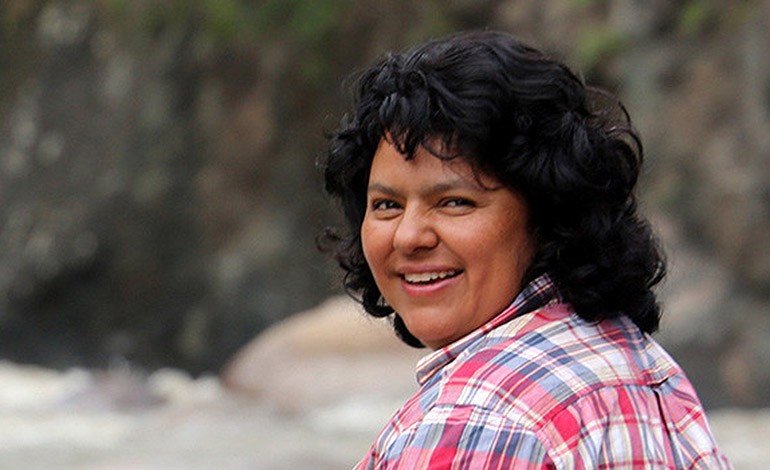In commemoration of the World Environment Day 2016, Oilwatch Ghana joins the No Coal Energy campaign in the West African nation, stressing that, given its abundance and available renewable energy endowment, Ghana does not need to go far looking for another energy source

During the UNFCCC climate change conference held last December in Paris, France (COP21), climate negotiations pertaining energy-related talks were stroked by renewed commitment to renewable energy. According to WWF press statement circulated in December 2015, not only is this ambitious but a commitment that largely emerged from Africa.
Undoubtedly, Africa has a responsibility to harp the benefit of renewable energy on the global community platform and at home. Setting itself in the track of renewable aligns with popular Ghanaian (ethnic Ewe) adage which contends that “In the face of a threatening snake, the rod in hand must be the one to strike the snake.” In context, African does not need to go far looking for another energy source, given its abundance and available renewable energy endowment.
Therefore, deepening investments in renewable energy should be seen as duty call, particularly in the light of a growing global climate crisis, with unacceptable negative consequences for human existence and cost implications for all sectors of the economy – health, security including labour and employment.
Transiting to renewable energy future can only be driven by a strong political will, commitment and resilience. This must encourage local government policy development planning and action to addressing the challenges of energy poverty, such that locally developed off-grid energy systems, distribution and ownership will be on stage.
The outcome of the G7 meetings in 2015 serves additional impetus, cast in the agreement that the world transit from fossil energy to renewable though the G7 consider this transition in a long distance term. In a similarly way, the Africa Progress Panel report (2015) supports this position. These and others endorse Oilwatch’s age-long energy and development message.
Over two decades now, Oilwatch Africa/International has been consistent in extolling the values enshrined in this slogan, contending that this holds the key for a transformative and progressive human society and well-being. Transiting to renewable energy presents a useful solution to the current energy poverty imposed by structural arrangements, set in motion by capitalist mode of production and distribution.
An encouraging development is seen in recent times with growing pattern of renewable energy initiatives. The Ayitepa wind farm in Pram Pram – on the coast of the greater Accra region being a good case. This is on the south eastern coastal area Tema in the Greater Accra Region. Other commendable instances include Ghana’s Energy Commission/UNDP/New Energy solar powered irrigation project for farmers in the North. Therefore, harnessing the coordinated value of such initiatives will be the track to ending energy poverty.
However, recent developments focused at establishing a coal fired plant in Ghana is NOT only disappointing but on course to undermine the momentum rise on renewable energy. The dire socio-economic, environmental, health and safety concerns associated with coal-fired plants makes it more problematic. Especially, these impacts will be costly to communities and peoples of Ekumfi Aboano, the location planned for this coal plant. Social and environmental challenges associated with port construction, coal-induced emissions arising from poisonous pollutants like mercury and sulphur dioxide have potential lasting damaging effect for fisheries that the locals rely on for their livelihood and can lead to birth defects and respiratory problems.
Partnership between Ghana’s state owned energy entity, the Volta River Authority and Chinese based Shenzhen are behind the coal plant initiative planned to be located in Ekumfi Aboano in the central region. This project stands as a pacesetter for similar developments in the West African sub-region since this will be the first of its kind in the region. Proponents contend that coal energy will deliver affordable power price based on low power generation costs and better on-grid price advantage. Ultimately, electricity demand growth in Ghana is projected as 3652MW, 4960MW and 7000MW for 2020, 2025 and 2030 respectively.
Oilwatch Ghana recalls with admiration earlier submissions made by Ghana Civil Society Platform on Oil and Gas in one of its publications in 2015, regarding why Ghana should not thread the path of coal energy. Unreservedly, we restate that the social and environmental hazards associated with coal is well documented, therefore global movements towards dismantling coal plants is no new information. Ghana must not act in isolation from global aspirations. Today, voices from the world over including South Africa, Canada and Indonesia represent ample examples of the multiple cost and destructiveness associated with coal-fired plants. Ghana must refrain from coal. The coal dream is a disaster in search of a solution.


